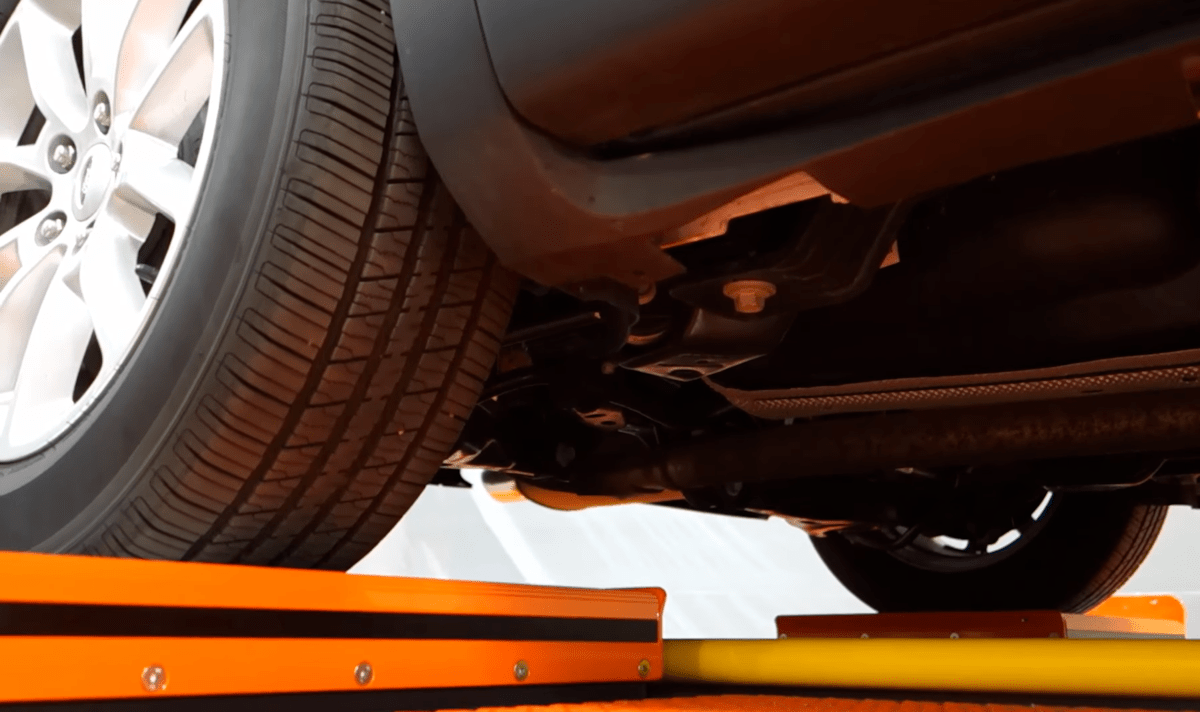UIC 518 Dynamic Behaviour and Suspension Testing
The UIC 518 standard is a pivotal requirement for railway vehicle manufacturers to ensure that their products meet the stringent safety, performance, and comfort standards set by the European Union. This testing ensures that railway vehicles can withstand dynamic conditions such as varying loads, track irregularities, and environmental factors without compromising safety or performance.
The suspension system of a railway vehicle plays a crucial role in maintaining passenger comfort and ensuring safe operation on various tracks. The UIC 518 test focuses specifically on the dynamic behaviour and suspension characteristics to verify that these systems can handle real-world conditions effectively. This includes assessing ride quality, stability under load changes, and resilience against vibrations.
The testing process involves subjecting a representative specimen to controlled dynamic loads and environmental stimuli in a laboratory setting that replicates actual operating conditions as closely as possible. The aim is not only to ensure compliance with UIC 518 but also to provide insights into potential improvements for the suspension system design.
Our state-of-the-art facility employs advanced instrumentation capable of capturing detailed data on the dynamic responses of the suspension system during various test scenarios. This allows us to analyze not just whether a component meets specifications, but how it behaves under extreme conditions that may be encountered in real-world operations.
The results from these tests are critical for quality managers and compliance officers responsible for ensuring product safety and reliability. They provide essential information regarding the durability and performance of suspension systems which can influence decisions about further development or modifications to existing designs.
Applied Standards
| Standard | Description |
|---|---|
| UIC 518 | European standard for the dynamic behaviour and suspension systems of railway vehicles. Ensures safe, comfortable operation across diverse track conditions. |
Environmental and Sustainability Contributions
The UIC 518 testing contributes significantly to the overall sustainability goals of railway transportation by focusing on reducing energy consumption, minimizing noise pollution, and enhancing passenger safety. By ensuring that suspension systems perform optimally under all conditions, we help reduce wear and tear on both vehicles and tracks, leading to longer lifespans and reduced maintenance costs.
Moreover, the accurate testing according to UIC 518 guidelines helps minimize environmental impact by preventing accidents that could result in significant fuel spills or other harmful emissions. It also supports the development of more efficient and eco-friendly railway systems which contribute positively towards global sustainability efforts.
Competitive Advantage and Market Impact
- Leadership in providing comprehensive UIC 518 testing services tailored to meet the specific needs of our clients.
- Accurate, reliable data that can be used by manufacturers to improve their product offerings and gain a competitive edge.
- A commitment to continuous improvement through regular calibration and validation of equipment ensuring consistent high-quality results.





